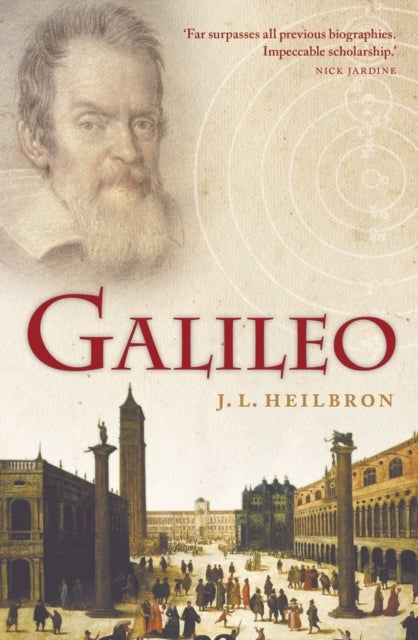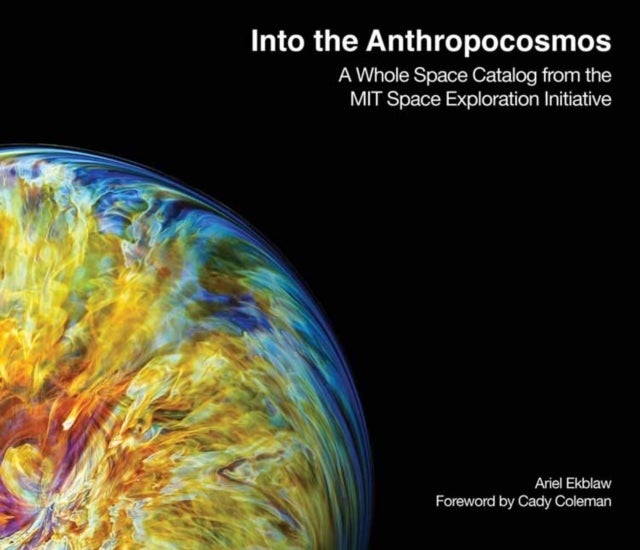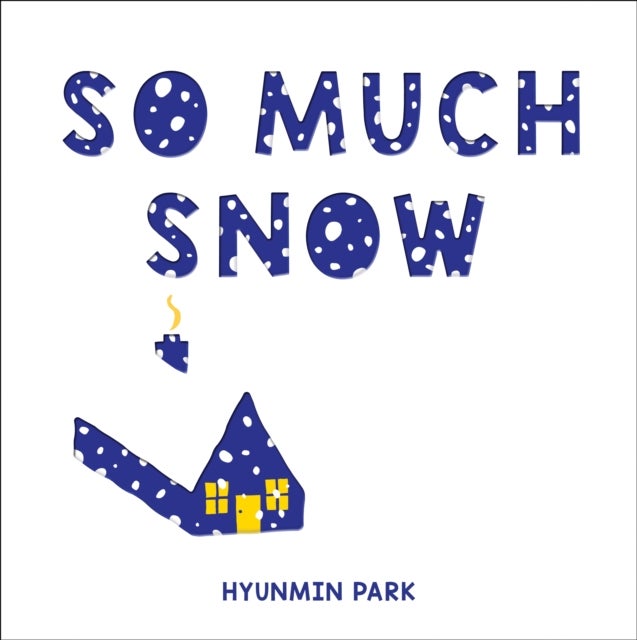
Galileo av John L. (Department of History University of California Berkeley) Heilbron
249,-
Just over four hundred years ago, in 1610, Galileo published the Siderius nuncius, or Starry Messenger, a ''hurried little masterpiece'' in John Heilbron''s words. Presenting to the world his remarkable observations using the recently invented telescope - of the craters of the moon, and the satellites of Jupiter, observations that forced changes to perceptions of the perfection of the heavens and the centrality of the Earth - the appearance of the little bookis regarded as one of the greatest moments in the history of science. It was also a point of change in the life of Galileo himself, propelling him from professor to prophet. But this is not the biography of a mathematician. Certainly he spent the first half of his career as a professor of mathematics and has been called ''the divine mathematician''. Yet he was no more (or less) a mathematician than he was a musician, artist, writer, philosopher, or gadgeteer. This fresh lively new biography of the ''father of science'' paints a rou








